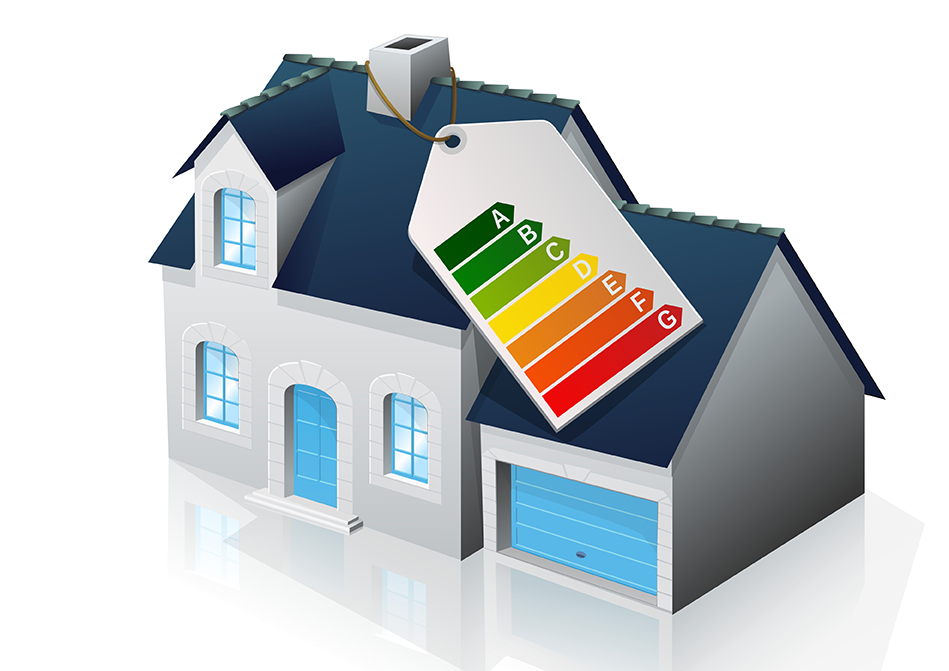Industries throughout the economy have been severely disrupted over the last 2 years, landlords are no exception. Now hot on the heels of Covid-19 the climate crisis is poising further challenges for landlords.
The pandemic has had a severe impact on many landlords due to the ‘moratorium’ preventing landlords taking legal action to recover rents and, most crucially, evict non-paying tenants. It has already been extended several times and is currently on schedule to finish on March 25th 2022. If previous deadlines have taught landlords anything, it is to prepare for more pain. Depleted rainy day funds will need to be replenished fairly soon. It looks like many landlords will need to make significant investments in the coming years in order to comply with new Net Zero related regulations. Failure to do so could result in costly fines.
Plan Insurance can accommodate your Property Owners & Landlord Insurance needs. Just fill in our short online quote form, and our professional brokers will be in contact to arrange your insurance.
Another blow for Landlords is on the horizon
Landlords across Britain won’t be allowed to let out properties unless they make them more energy-efficient.
What will Net Zero entail for Landlords?
All privately rented homes will have to be rated EPC-C, which is the third-highest level of energy efficiency. If homes are let out and aren’t up to the rating, landlords could be fined up to £15,000. This is part of the government’s plan to hit net-zero emissions from 2050.
An article published in The Times states that the rule will apply to all new lettings from 2026, and existing letting from 2028.
Landlords are expected to make improvements to existing properties and install better facilities as-standard on new private rental properties. This includes measures to make homes more energy efficient. This could include better boilers, loft and wall insulation, the use of low-energy lighting and draught-proofed windows.
Many believe cynical commentators believe that landlords will pass on the costs they incur to renters. This may hit those on low incomes hardest, posing another blow to an already struggling private renters.
Private renters benefit from more stringest rules
Obligatory improvements to homes could actually lessen bills for renters in the wintertime. Many tenants accept living in damp and draughty homes and the increased energy bills that come with these poor conditions. More restrictions and legislations mean that hiking up the heating on cold nights may not be as necessary.
Reports say that Ministers are also considering putting targets in place to make homes lived in by their owners more energy efficient, although this approach is likely to be unpopular. If this comes into law, Homebuyers will have to improve the energy efficiency of their new properties under the terms of their mortgage.
Mortgage lenders will also have to disclose the energy efficiency of the homes they lend money for and set themselves targets to improve the insulation of buildings in their portfolio.
It’s all part of the UK’s net-zero plan
These legislative changes are aimed at giving the UK a chance of meeting its binding target to reduce emissions by 70% per cent of 1990 levels by the end of the decade. Boris Johnson believes that the changes will unlock up to £90 billion of private investment by 2030, and support 440,000 jobs in green industries by 2050.
The government has also launched a £450 million boiler upgrade scheme. Grants will be offered to encourage people to invest in heat pumps rather than gas boilers.
A government spokesperson said…
“Everyone deserves to live in a warm and comfortable home and our reforms to the rental sector will ensure this happens, while also ensuring tenants benefit from lower monthly energy bills. The vast majority of landlords are making improvements to their properties to comply with regulations, however there are a small minority that don’t. We have therefore consulted on raising the maximum fine level for non-compliance and will publish our response in due course.”
How much will Net Zero cost landlords?
The government haven’t outlined exactly what the improvements will be, but here are a few possibilities that have been suggested:
- Insulation – The first step to making a home greener is to improve its insulation. Costs range from £300 to insulate a loft to £10,000 for external walls.
- Add double or triple glazing – Double glazing is an easy way to save money as a tenth of house’s energy can be lost through the windows. The cost is £3,000 to£5,000 for a typical home.
- Installing a heat pump – Homeowners can claim grants to switch from a gas boiler to air or ground heat pump, which takes air from outside or underground to provide heating and hot water. The cost is £7,000 to £13,000.
- Fitting solar panels – The panels cost £8,000 to £14,000 and turn sunlight into energy even on cloudy days.
Although the investment required to meet these measures could appear daunting to many landlords, with some properties requiring in excess of £20,000 to meet the new standards, at least landlords have been afforded several years notice. With this time to plan, shrewd landlords will be calculating the potential return of the required upgrade investment. If it looks unattractive or even unachievable they will at least have time to dispose of the property. Acting early in this manner should also prevent the legislation impacting on the sale price.


